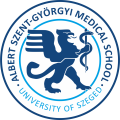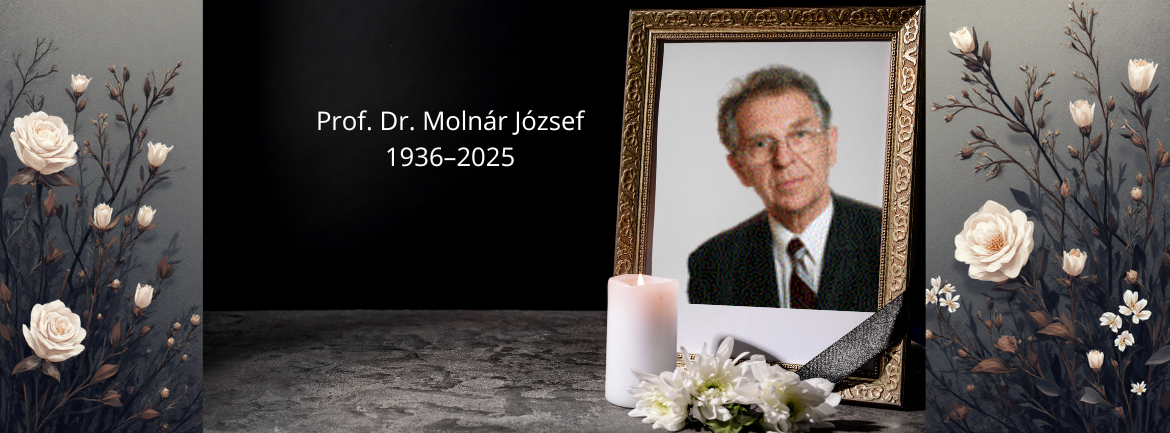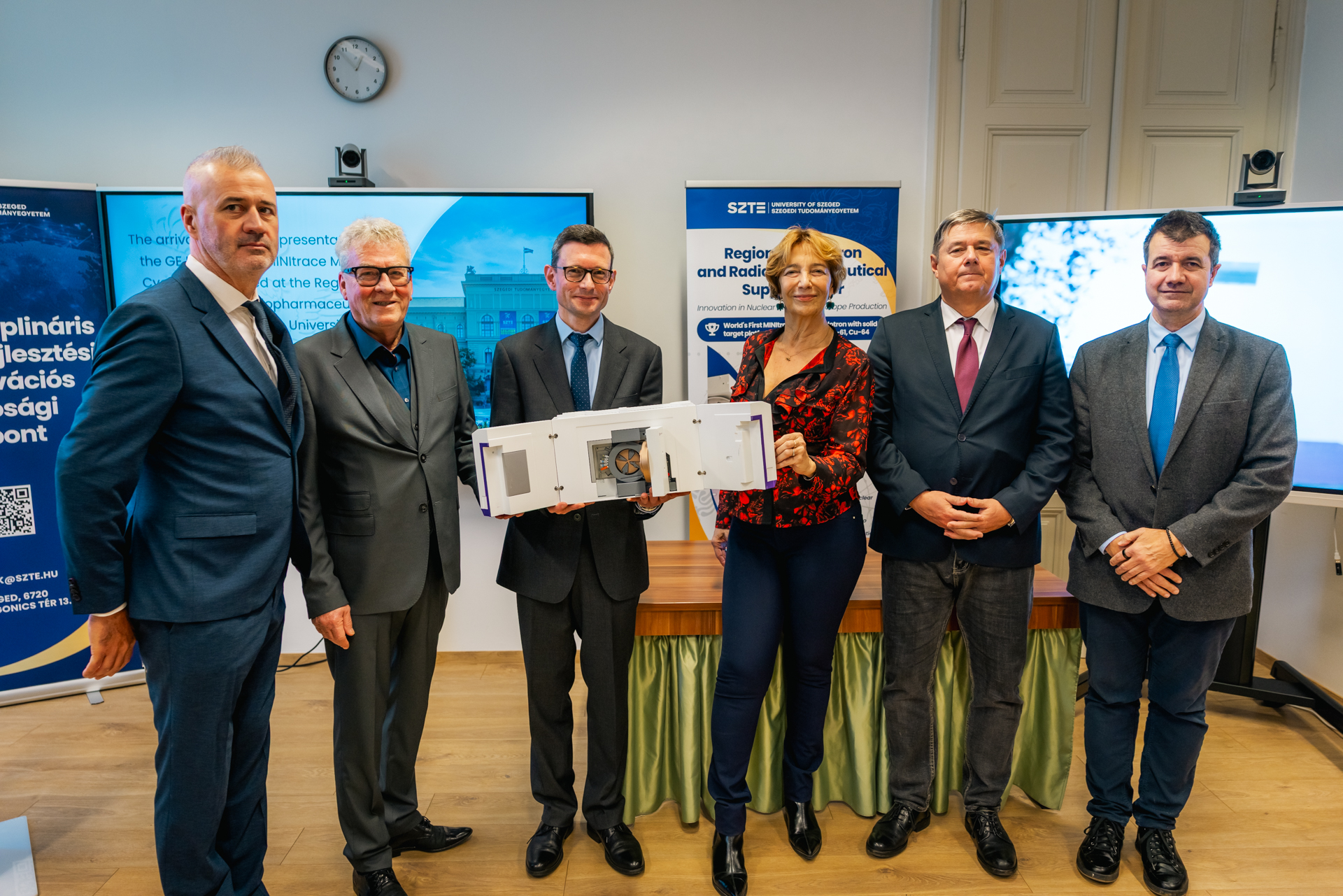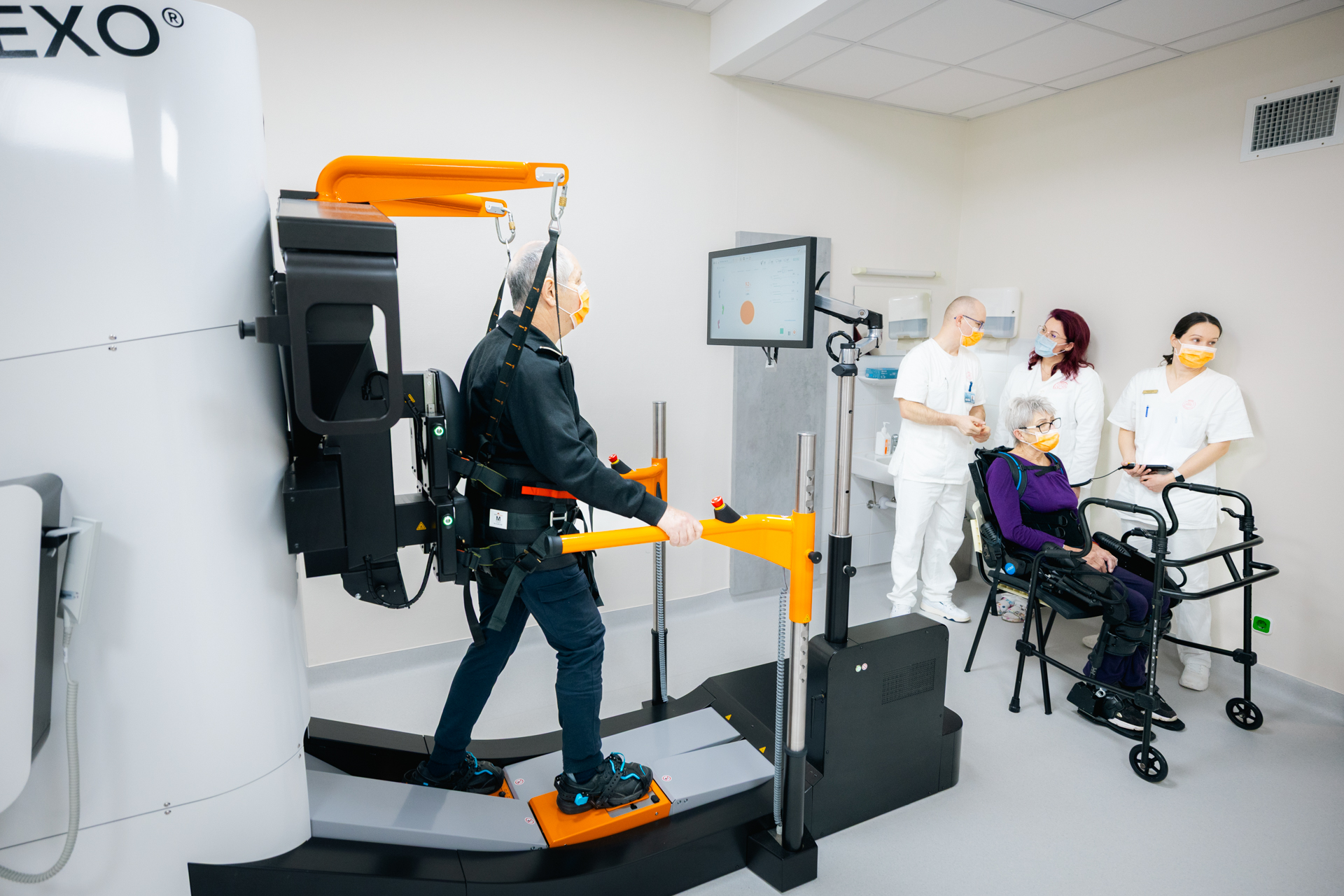University of Szeged
Albert Szent-Györgyi Medical School
Foreign Students' Secretariat
Your Education. Our Mission.

Looking for well-founded knowledge? Fund your medical studies with the Foundation Year.
Application deadline is August 31, 2019.
You feel not prepared enough for our regular programs?
Then our Foundation Year (Preparatory course) is the best option for you.
Join the course if you need help in reviewing Chemistry, Biology, Physics and English language. If you study hard during the eight-month course you will be well prepared for the entrance examination to our regular programs.
Entry Requirements
1. Applicants are required to be over the age of 17 in the year of application (by December 31).
2. According to the decision of the Admission Committee of the Faculty of Medicine of the University of Szeged, students who have failed any subject in the final year of their high school studies are not entitled to apply to our program.
3. You are also eligible to complete your online application and sit for an entrance examination if you are in your final year but have not received your School Leaving Certificate or Diploma yet. In this case, you must present proof that you are attending high school.
4. Applicants applying for admission to the Foundation Year do not have to take part in the entrance examination; however, they need to provide proof of sufficient English language proficiency. For the list of English language test results accepted by the University please visit our FAQs page.
Click here for more information regarding the application procedure.






